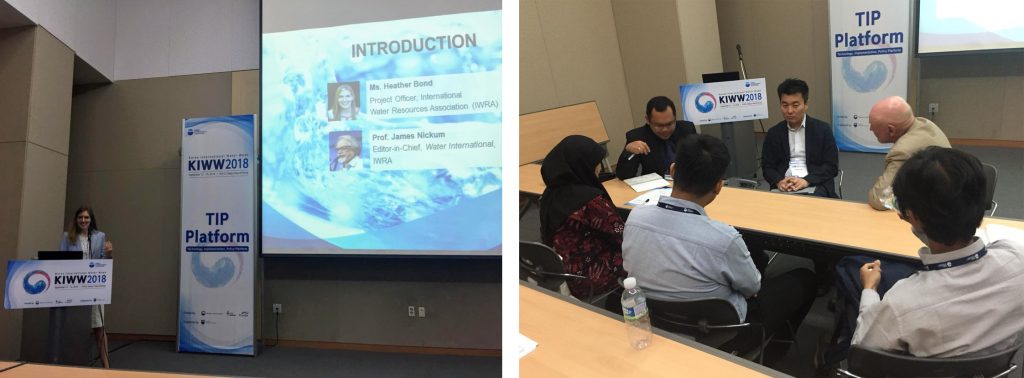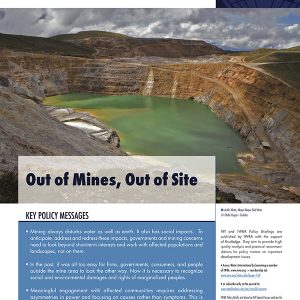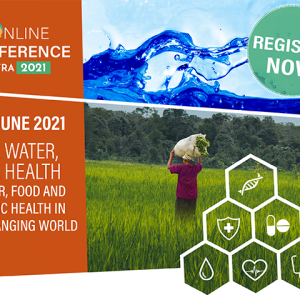In line with IWRA’s focus area of water quality, IWRA organised a KIWW session on this topic on Thursday, September 13th. The session fell under the Water for Socio-economic Development focus of the TIP Platform. In order to target sound water resources management and policy responses, this session built on the IWRA 2018 “Question of the Year” to suggest water quality governance problems identified by experts and open a dialogue with the water community in Korea.
The event began with an introduction by Heather Bond (IWRA Project Officer) and James Nickum (Water International, Editor-in-Chief) that summarised the ‘wicked’ water quality problems previously introduced in the April 2018 Special Issue of this journal, as well as a summary of comments from the IWRA “Question of the Year” discussion board. Four presentations were provided by experts in the field, including Gabriel Eckstein (Texas A&M University), Hojeong Kim (Korea Environment Institute), Katharine Cross (International Water Association), and Henning Bjornlund (University of South Australia). Their contributions covered a range of topics, from the impacts and policy responses to pharmaceuticals in drinking and environmental water, to the roles of national and local governments in addressing water quality problems in Korea, as well as how to improve water quality in cities and the potential for using different water qualities as a complementary resource.
After feeding the audience with a number of water quality considerations, the session then transitioned into a participatory workshop with each of the presenters leading discussion groups made up of audience members. After these smaller group dialogues, a full group discussion summarised the workshop’s outcomes, concluding with a vote on which problem deserves the most attention on the global stage and therefore IWRA’s focused attention moving forward. Several issues received broad agreement that they should be priorities, including the transition from silo management to integrated water management, salt water intrusion in groundwater, mine runoff, pathogens in drinking water and limiting funding and capacity availability for decentralised management. The ‘wicked’ problem identified as the most important to focus on was contaminants of emerging concern (CECs) in water supplies, including pharmaceuticals and micro-plastics.





